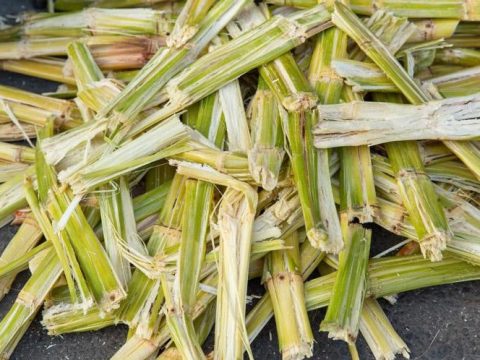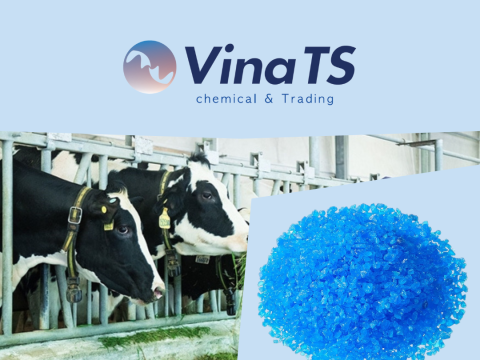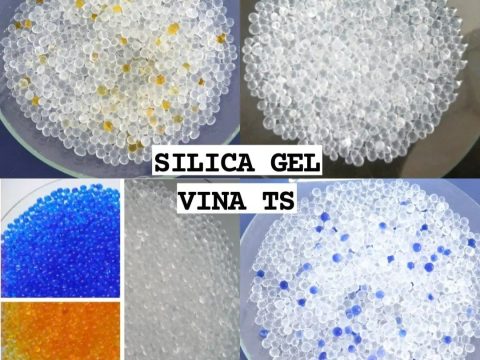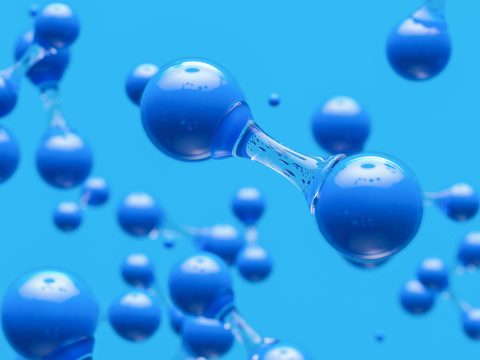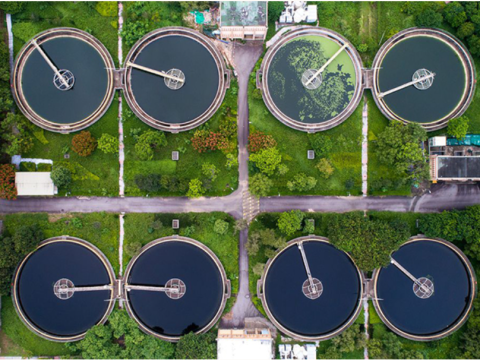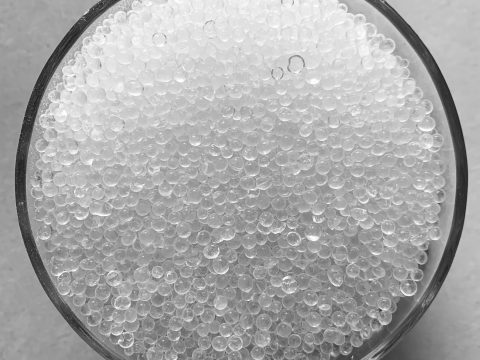What is Cacbon? Properties and Applications in Life
What is Cacbon?
Cacbon (C) is a chemical element that plays an extremely important role in life, is the main component of organic compounds, and is the foundation of life. Common forms of carbon found in life are coal, charcoal, activated carbon, petroleum… In addition, Cacbon participates in many important inorganic compounds such as CO2, CaCO3… which are raw materials for many industries such as metallurgy, chemicals, textiles…

Advantages:
- High durability: Excellent resistance to force and impact surpasses conventional metals and plastics.
- Lightweight: Significantly lighter than metals, helping to optimize efficiency in many fields.
- Good heat resistance: Withstands high temperatures without deformation or deterioration of properties.

Applications of Cacbon
- Aerospace industry: Manufacturing aircraft and spacecraft with high durability and light weight, helping to save fuel and improve flight performance.
- Automotive industry: Manufacturing racing cars, and high-speed sports cars, with flexible and safe operation.
- Sports industry: Manufacturing tennis rackets, golf clubs… to improve competition efficiency and bring great experiences to players.
- Construction industry: Reinforcing structures, making bridges… with outstanding durability and load-bearing capacity, ensuring
Carbon’s impact on the environment
Positive impact
Carbon can help reduce CO2 emissions by replacing traditional materials such as steel and concrete, reducing CO2 emissions from heavy industries.
Carbon helps improve energy efficiency in buildings and vehicles. Cacbon is lighter and a better insulator than steel and concrete, reducing the need for energy for heating and cooling.
Carbon is used to create sustainable products, such as packaging and electronics. In addition, Cacbon is recyclable and biodegradable, helping to reduce waste.

Negative impacts
The production of Cacbon is energy- and water-intensive, and produces many pollutants into the environment such as greenhouse gases and fine dust.
Carbon can decompose over time, especially when exposed to sunlight and moisture.
Carbon can release nanoparticles into the environment, which can be harmful to the lungs and cardiovascular system.
Carbon is an element with many special properties and wide applications in many fields. Using carbon efficiently and sustainably is an important issue that needs to be addressed.
>> Further reading: Application of Copper Sulfate in agriculture and livestock





